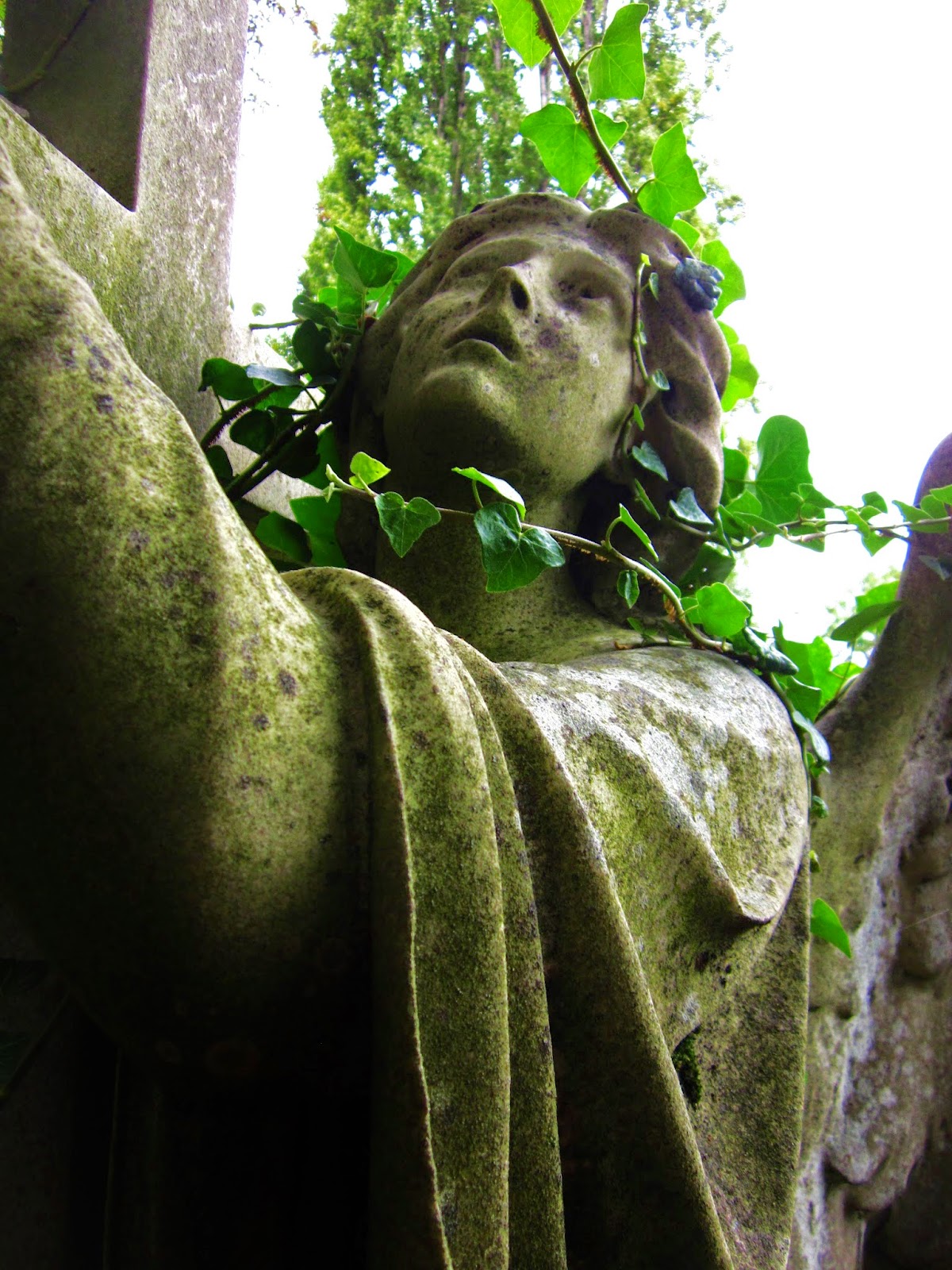Happy 200th Birthday Sheridan Le Fanu
Carmilla (1872) was groundbreaking for its time, not least because of its subtle love affair between the two main female characters. Taking his cue from John Polidori’s The Vampyre (1819), Le Fanu’s darkly sensual tale, detailing the delicate yet increasingly sinister courtship of a young woman by a female vampire, further entwined the figure of the vampire with notions of forbidden sexuality. Le Fanu was deeply influenced by the historical figure of Elizabeth Báthory, a Hungarian countess who reputedly bathed in the blood of young virginal women to retain her youthful complexion. This influence is most evident in Carmilla in the chapter where the titular character is discovered asleep in her coffin, submerged in blood…
“The features, though a hundred and fifty years had passed since her funeral, were tinted with the warmth of life. Her eyes were open; no cadaverous smell exhaled from the coffin. The two medical men […] attested the marvellous fact, that there was a faint but appreciable respiration, and a corresponding action of the heart. The limbs were perfectly flexible, the flesh elastic; and the leaden coffin floated with blood, in which to a depth of seven inches, the body lay immersed. Here then, were all the admitted signs and proofs of vampirism.”
While predatory, Carmilla is also a tragic character. The narrative retains a dreamy atmosphere, heavy with a rich, sensual undertone, as characters begin to recognise one another from long-ago childhood dreams, later revealed to be suppressed memories and half-remembered, moonlit encounters. Le Fanu's prose, while elegant and poetic, evokes an unsettling atmosphere of dread. The central relationship in Carmilla - between vampire and victim – would trickle into Bram Stoker’s Dracula, as evidenced in the character of Lucy Westenra (Dracula’s first victim when he arrives in England) and the Count’s brides who ‘court’ their victims. Their ambiguous sexuality echoes that of Le Fanu’s titular vampire, and it’s no coincidence that once these female victims become vampires; they also become empowered, self-aware and sexually confident, unveiling socially repressed desires and becoming lustful, hideously grinning she-demons. Their deaths are particularly brutal as they are essentially being punished for their sexual knowledge and the violation of their restrictive role in Victorian society.
Carmilla has been loosely adapted for film several times throughout the years, the most notable titles being Dracula’s Daughter (complete with the tagline ‘She gives you that weird feeling’), Hammer’s Karnstein Trilogy (The Vampire Lovers, Lust for a Vampire, and Twins of Evil), and Daughters of Darkness.
 |
| Carmilla by David Henry Friston |
 |
| Dracula's Daughter (1936) |
 |
| The Vampire Lovers (1970) |
 |
| Google Doodle celebrating Le Fanu's 200th Birthday |
When staying in Dublin earlier this year, I visited Mount Jerome Cemetery where Le Fanu, sometimes referred to as 'The Invisible Prince' because of his reclusive tendencies, is buried alongside his wife, and her father and brothers. The grave is marked by a simple stone slab, the inscription on which has become so eroded by the passage of time that it is, sadly, no longer readable. You can view what remains of it here.



